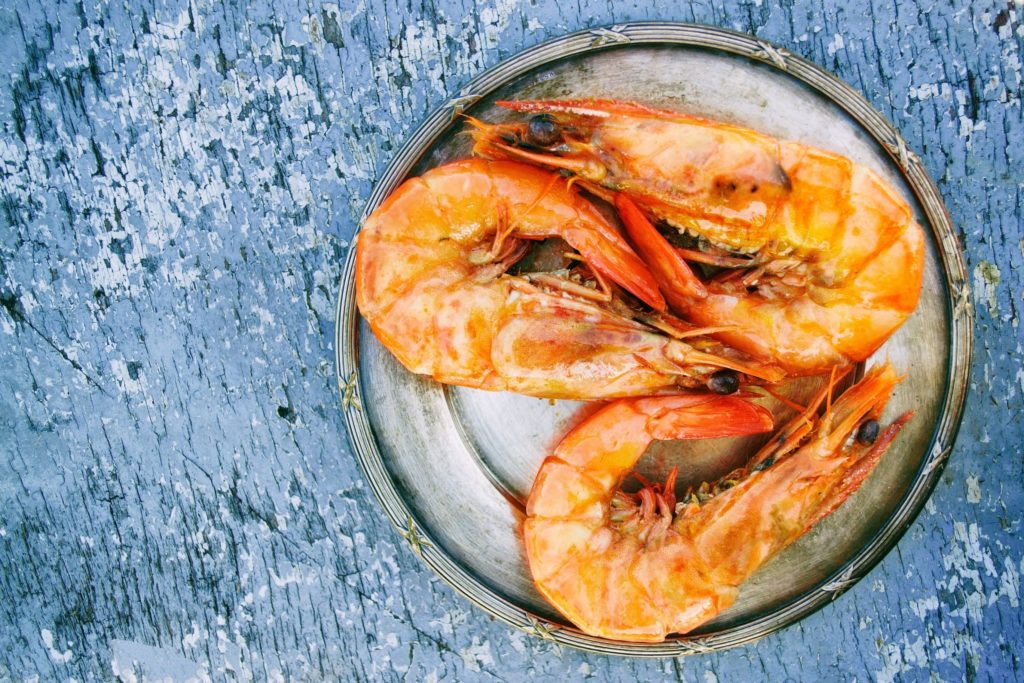A Quick Guide To The Mediterranean Diet
Posted on Wednesday, 29th January 2020

The Mediterranean diet
What is the Mediterranean diet
The Mediterranean diet is more than just a diet, it’s a lifestyle based on the ways that people used to live in Southern Italy, Greece and their surrounding countries during the 1960s. The reason why the Mediterranean diet isn’t based on the cuisine of these countries now is that, like many other parts of the world, fast food outlets and convenience stores have changed their previously very healthy food culture bringing with it rising obesity levels and health problems.
That Mediterranean diet of old is still widely considered one of the healthiest ways to eat, combining whole plant foods with lean protein sources, good healthy fats such as olive oil and avocado, with whole grains and legumes. The diet also encourages people to eat slowly and socially rather than to fuel convenience and champions regular exercise and positive mental wellbeing.
What can you eat?
The Mediterranean diet is in fact very simple, including foods that were readily available across the Mediterranean Islands and restricting processed foods. For some recipe inspiration and to see the kinds of foods you could be eating check out The Mediterranean Dish. Here are some of the kinds of ingredients you’ll find in abundance.
– Vegetables and fruit
Fresh fruit and vegetables make up the majority of the Mediterranean diet and act as the basis for most recipes.
– Whole grains
When it comes to grains, whole-grains are preferred, this includes bread, pasta, couscous, and rice.
– Lean animal protein
Poultry, fish, and seafood are the Mediterranean proteins of choice as they contain less bad fats. Oily fish such as mackerel, salmon, and sardines are particularly popular thanks to their high level of Omega-3 fatty acids
– Olive oil
When it comes to healthy fats nothing beats extra virgin olive oil. In the Mediterranean diet, olive oil is used to enrich foods, to dress salads, to add flavor and to roast in.
– Dairy and eggs
Dairy and eggs are often demonized but when eaten in moderation and in their most natural forms they are actually very nutrient-dense. The Mediterranean diet tends to stick to naturally fermented cheeses and eggs are used sparingly.
– Wine
Although water should really be the Mediterranean drink of choice, when it comes to alcohol, red wine tends to be preferred and is consumed as a social drink with food, family, and friends. Red wine when consumed in small quantities has been associated with a number of health benefits and on the Mediterranean diet, you can drink around a glass a day.
What can’t you eat?
When it comes to what you can’t eat on the Meditteranean diet you simply need to think about what wouldn’t have been seen regularly on Mediterranean plates 60 years ago. This tends to include highly processed foods, added sugar and red meat including beef and pork. The Mediterranean diet also tends to steer clear of unhealthy fats such as margarine and butter and centers around whole-foods with as little additives as possible. Although a little red wine is permitted excess alcohol consumption is still a no go.
The Mediterranean diet is very simple and involves a number of delicious foods across all the food groups, so why not give it a try?
This is a collaborative post.
Leave a Comment